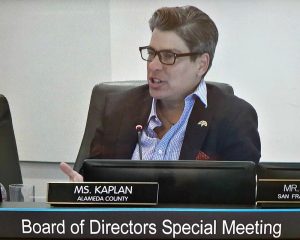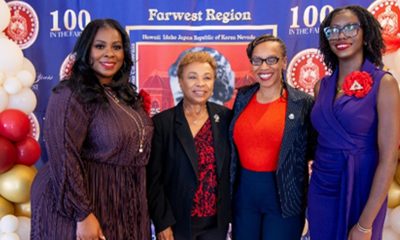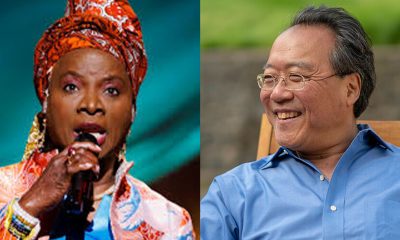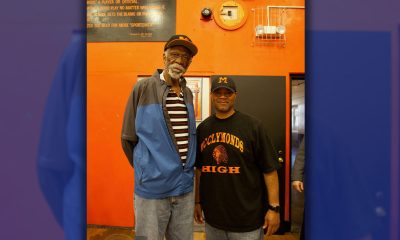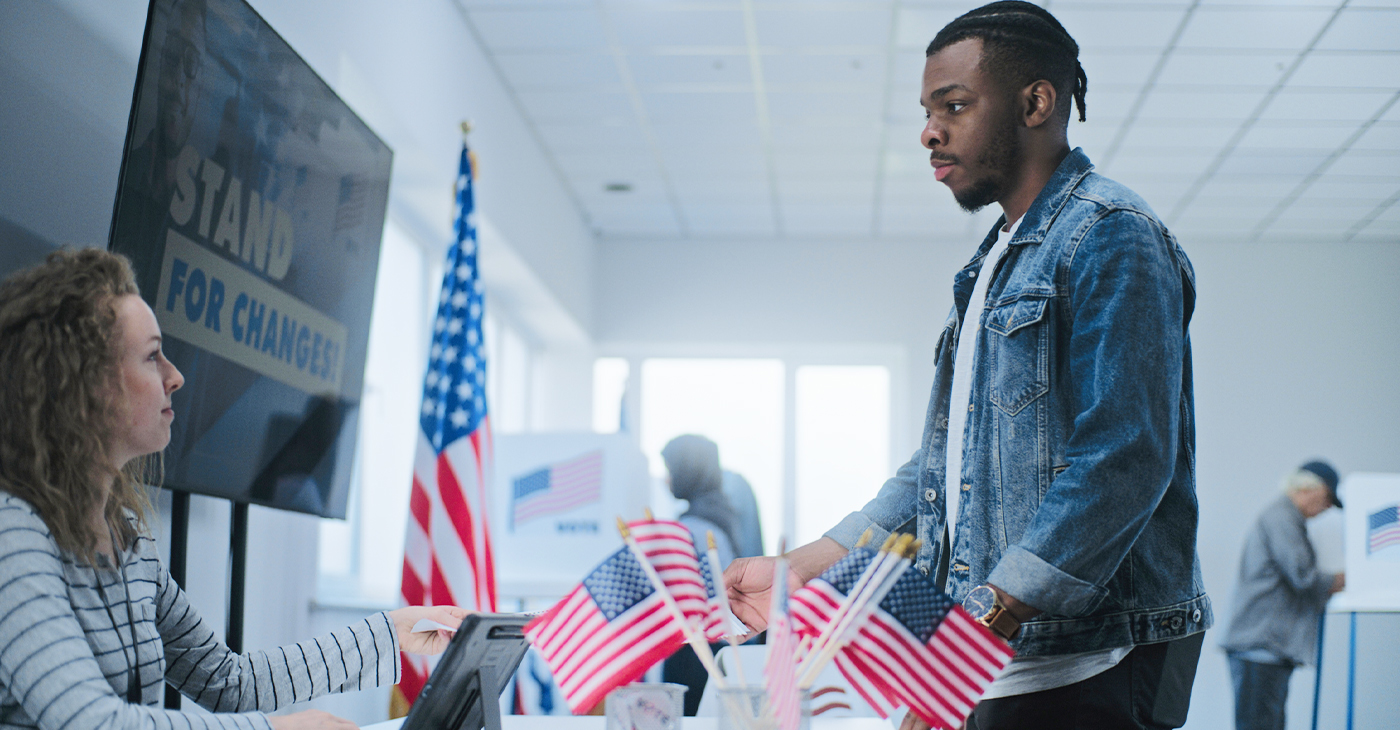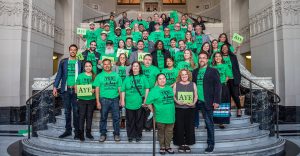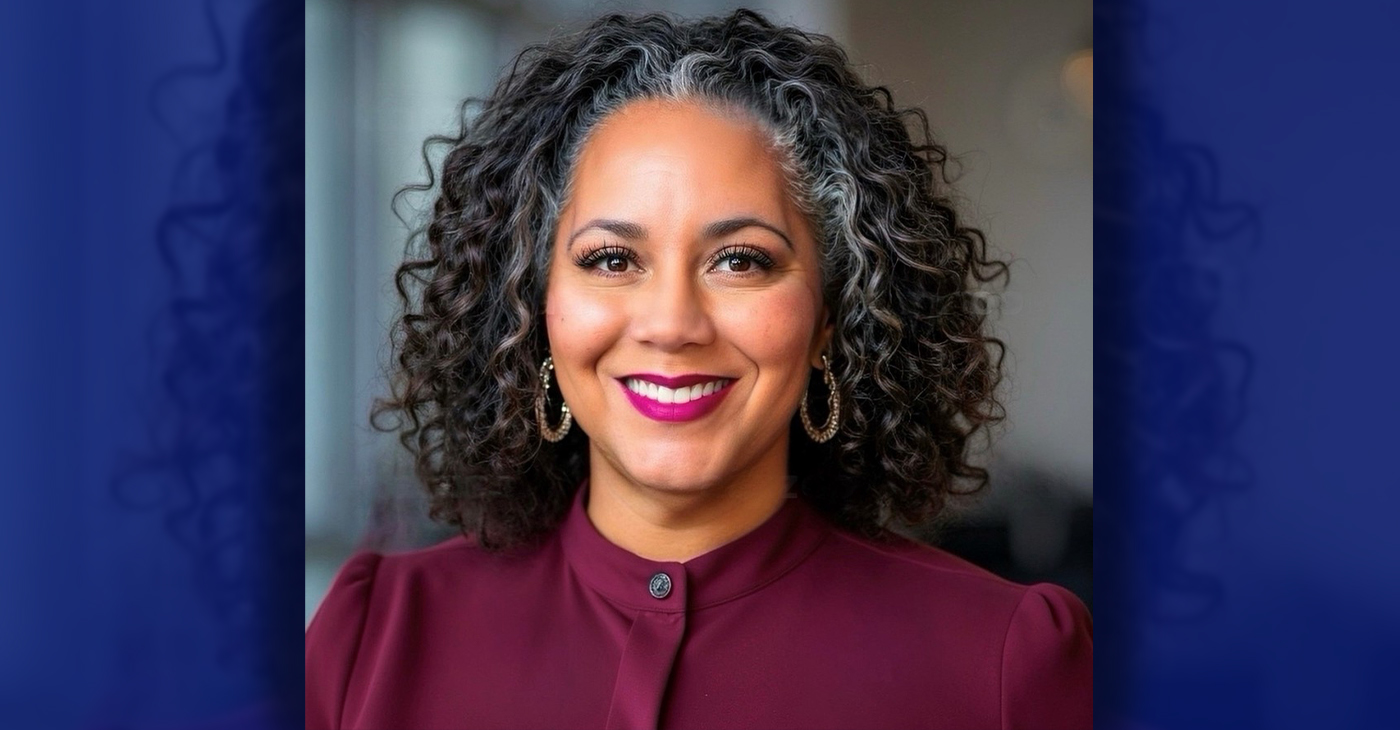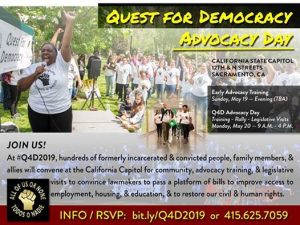The recently-released data are shocking: COVID-19 is infecting and killing black people at an alarmingly high rate. An Associated Press analysis — one of the first attempts to examine the racial disparities of COVID-19 cases and deaths nationwide — has found that, of nearly 3,300 of the 13,000 deaths so far, about 42% of the deceased were African American. Black Americans account for about 21% of the total population in the areas covered by the AP analysis.
Other minority groups’ cases and deaths are fairly in line with their demographics, the analysis found, although among Hispanic individuals, there are some hot spots.
Black residents have been hardest hit in several U.S. cities, including New York City, Milwaukee and New Orleans. In another, Chicago, the city’s public health agency reported this week that African Americans accounted for 72% of deaths from COVID-19 complications and 52% of positive tests for the coronavirus, despite making up only 30% of the city’s population.
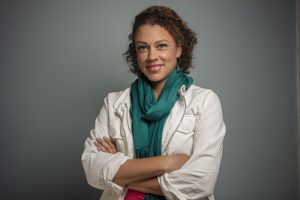
Tina Sacks
This week, Berkeley News spoke about this issue with Tina Sacks, an assistant professor in the School of Social Welfare and faculty chair of the Center for Research on Social Change at the campus’s Institute for the Study of Societal Issues. Her areas of expertise include racial disparities in health and health care; race, class and gender; and the social safety net.
Before her arrival at Berkeley, she worked for the Centers for Disease Control and Prevention for nearly 10 years as special assistant to the CDC director during the first coronavirus outbreak — SARS (severe acute respiratory syndrome).
Berkeley News: Data are beginning to surface that black Americans are suffering the brunt of the health and economic impacts of the coronavirus pandemic, especially in urban areas. What structural factors in our society are contributing to these alarming outcomes?
Tina Sacks: Unfortunately, the preliminary data that we are seeing is in keeping with what we might expect, given the underlying structural inequality in this country. First, black people have experienced decades of residential racial segregation, unlike any other ethno-racial group. This means that Black neighborhoods typically have fewer institutional anchors, such as grocery stores, good schools and safe places to walk outside and exercise. There is even a relationship, for example, between residential segregation and living in neighborhoods with fewer trees, which leads to poorer air quality.
Black people are disproportionately exposed to indoor and outdoor environmental toxins in their homes and neighborhoods. Black people are more likely to grow up in poverty, live in substandard housing, attend under-resourced schools and are more likely to end up in the carceral system. All of these things exact a terrible toll on black people’s health through the life course, making them more likely to have the chronic conditions — like diabetes, asthma and hypertension — that make them more vulnerable to COVID.
Black people are also more likely to be uninsured, making their access to care spotty. Plus, we know from my work and that of others scholars who research bias during the health care encounter that Black people’s health complaints are less likely to be taken seriously.
So, if someone does present in the emergency room, they may be turned away. Black people face challenges when they need to interface with the health care system, particularly when it is already taxed in the manner it is currently.
Lastly, Black people are concentrated in parts of the labor market where workers cannot stay home to shelter in place, which presumably brings them into contact with more people and ultimately increases their risk of acquiring COVID. This is true for other minorities in the U.S., as well. For example, Black people may be working retail jobs in the ‘essential services’ sector, like the Black woman I encountered at the CVS in downtown Berkeley. She told me she had traveled by bus for three hours to make it to her shift as a checkout clerk. The bus lines have been cut, so it took her even longer to make it to work. People are calling off work because they are afraid to come in. She said she was terrified to come in, but felt it was her responsibility, so she woke up at 5:30 a.m. to go to work wearing her mask and gloves. Black people are also concentrated in industries that do not have paid sick leave. All of these policy level issues disproportionately affect Black people and other people of color.
In addition to all this, Black people live in a society that chronically undervalues their lives and humanity. This really cannot be overstated as another determinant of human health and well-being. Living in a society like that takes a toll.
Why are urban living conditions especially dangerous for the transmission of COVID-19?
Although I haven’t seen data on this, I would speculate that living in densely-populated areas like New York City can speed transmission. We know certainly that in overcrowded institutional settings where Black people are over-represented, like jails and prisons, there is no possibility of social distancing. This is something that really needs to be discussed more. The NYT is reporting that Cook County Jail in Chicago has the largest number of cases with a known source in the U.S., 353.
What is access to COVID-19 testing and treatment like, for low-income African Americans and other low-income people of color?
Because Black people are less likely to be insured (as well as Latinx and poor people), their access to testing is necessarily going to be spotty. We’ve seen that famous people — who, of course, can be black or people of color — have had easier access to testing. In general, I would say that we know that everyone has had a hard time getting tested, but what is happening to Black people during the COVID crisis is akin to a saying in the Black community, ‘When white folks catch a cold, Black people get pneumonia.’ Crises affect the Black community much more profoundly. This is definitely the case for other communities of color. For example, Native people also bear a disproportionate disease burden and are deeply affected by COVID.
Is the nation, and are any cities across America, addressing these issues in a helpful way?
I have heard that some cities are making statements about (the situation), and acknowledging the issue is an important first step. But because the causes are so deeply embedded in the social system and in social policy, I think the solutions also need to be rooted there, but that will take a lot of time and political will.
In the meantime, cities like Chicago are taking steps to try to address the issue, including;
1) Mandating the reporting of the number of cases and deaths by race and ethnicity.
2) Setting up a public health rapid response team comprised of activists and public health experts to talk to people in the black, Latinx and immigrant communities.
3) Re-routing buses to the south and west sides to better enable social distancing on bus lines.
Addressing this will require short- and long-term interventions, and some of the most major ones are to finally address structural inequality — to provide reparations and to work toward a fully-developed safety net that includes health insurance and paid sick leave.
Gretchen Kell
UC Berkeley News - Media Relations
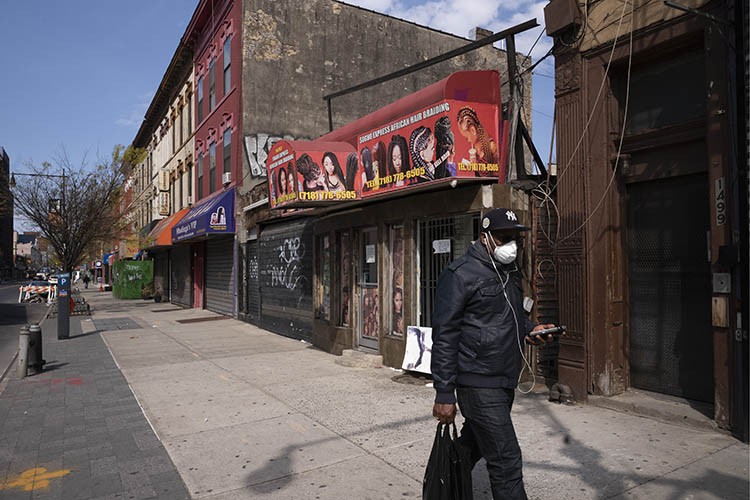

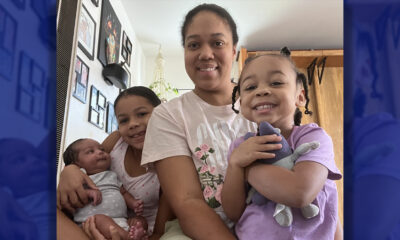
 Activism4 weeks ago
Activism4 weeks ago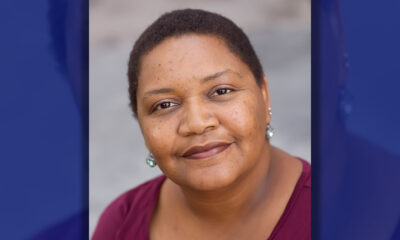
 Activism4 weeks ago
Activism4 weeks ago
 #NNPA BlackPress4 weeks ago
#NNPA BlackPress4 weeks ago
 #NNPA BlackPress4 weeks ago
#NNPA BlackPress4 weeks ago
 #NNPA BlackPress4 weeks ago
#NNPA BlackPress4 weeks ago
 #NNPA BlackPress4 weeks ago
#NNPA BlackPress4 weeks ago
 #NNPA BlackPress4 weeks ago
#NNPA BlackPress4 weeks ago
 #NNPA BlackPress3 weeks ago
#NNPA BlackPress3 weeks ago

